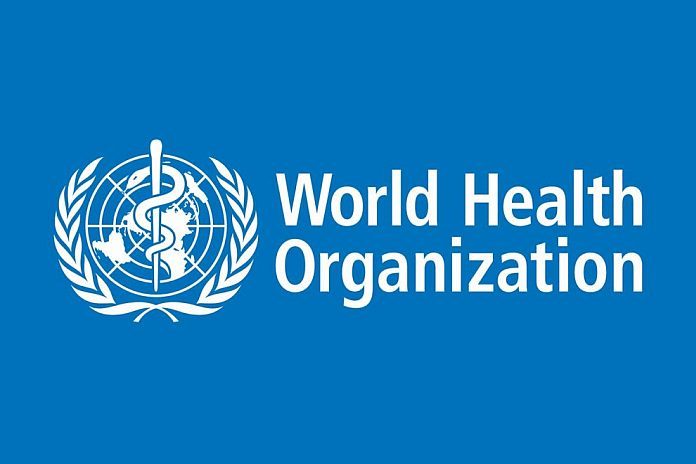GENEVA, Switzerland – World Health Organization (WHO) and partners are launching a global network to help protect people from infectious disease threats through the power of pathogen genomics.
The International Pathogen Surveillance Network (IPSN) will provide a platform to connect countries and regions, improving systems for collecting and analyzing samples, using these data to drive public health decision-making, and sharing that information more broadly.
Pathogen genomics analyzes the genetic code of viruses, bacteria and other disease-causing organisms to understand how infectious they are, how deadly they are, and how they spread. With this information, scientists and public health officials can identify and track diseases to prevent and respond to outbreaks as part of a broader disease surveillance system, and to develop treatments and vaccines.
The IPSN, with a Secretariat hosted by the WHO Hub for Pandemic and Epidemic Intelligence, brings together experts worldwide at the cutting edge of genomics and data analytics, from governments, philanthropic foundations, multilateral organizations, civil society, academia and the private sector. All share a common goal: to detect and respond to disease threats before they become epidemics and pandemics, and to optimize routine disease surveillance.
“The goal of this new network is ambitious, but it can also play a vital role in health security: to give every country access to pathogen genomic sequencing and analytics as part of its public health system,” said WHO director-general Dr Tedros Adhanom Ghebreyesus. “As was so clearly demonstrated to us during the COVID-19 pandemic, the world is stronger when it stands together to fight shared health threats.”
COVID-19 highlighted the critical role pathogen genomics plays in responding to pandemic threats. Without the rapid sequencing of the SARS-COV-2 genome, vaccines would not have been as effective, or have been made available so quickly. New, more transmissible variants of the virus would not have been as quickly identified. Genomics lies at the heart of effective epidemic and pandemic preparedness and response, as well as part of the ongoing surveillance of a vast range of diseases, from foodborne diseases and influenza to tuberculosis and HIV. Its use in monitoring the spread HIV drug resistance for example, has led to antiretroviral regimes that have saved countless lives.

“Global collaboration in pathogen genomic surveillance has been critical as the world fights COVID-19 together,” said Dr. Rajiv J. Shah, president of The Rockefeller Foundation. “IPSN builds upon this experience by creating a strong platform for partners across sectors and borders to share knowledge, tools, and practices to ensure that pandemic prevention and response is innovative and robust in the future.”
Despite recent scale-up in genomics capacity in countries as a result of the COVID-19 pandemic, many still lack effective systems for collecting and analyzing samples or using those data to drive public health decision-making. There is not enough sharing of data, practices, and innovations to build a robust global health surveillance architecture. Budgets that soared during the pandemic, allowing a rapid build-up of capabilities, are now being slashed, even in the wealthiest countries.
“Argentina is deeply invested in building our own country capacity in pathogen genomics and the capacity of other countries,” said Josefina Campos, Director of the National Genomics and Bioinformatics Center at ANLIS Malbrán, Argentina. “Diseases do not respect borders: a disease threat in one country is also a threat to others. We look forward to collaborating with IPSN members to achieve our common goal of preventing illness and saving lives.”
The IPSN will tackle these challenges through a global network, connecting geographies and disease-specific networks, to build a collaborative system to better detect, prevent and respond to disease threats. Members will work together in dedicated groups focusing on specific challenges, supported by funding through the IPSN to scale-up ideas and projects in pathogen genomics. By connecting countries, regions, and wider stakeholders, the IPSN will help to increase critical capacity, amplify regional and country-level voices, and strengthen their priorities.





